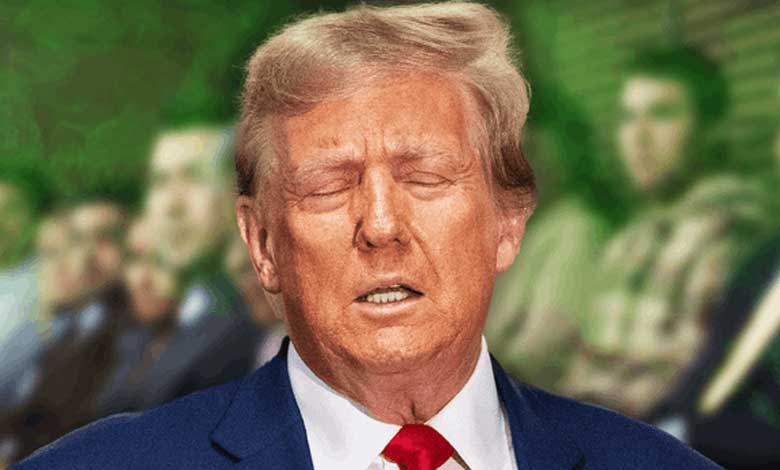Federal Judges Block Trump’s Executive Order Banning Gender-Affirming Care for Youth
A second federal judge has temporarily paused President Donald Trump's executive order that halts federal support for gender-affirming care for transgender youth under 19.

Seattle: A second federal judge has temporarily paused President Donald Trump’s executive order that halts federal support for gender-affirming care for transgender youth under 19.
Table of Contents
Temporary Restraining Order Issued
US District Court Judge Lauren King granted the temporary restraining order on Friday, following a lawsuit filed by the Democratic attorneys general of Washington, Oregon, and Minnesota last week. The suit was filed in the Western District of Washington, with three doctors joining as plaintiffs.
This decision follows a similar action taken by a federal judge in Baltimore, Judge Brendan Hurson, who blocked the executive order on Thursday in response to a separate lawsuit brought by families of transgender or nonbinary children. Hurson’s order, which lasts for 14 days, could be extended, effectively halting Trump’s directive while the case progresses. Both Hurson and King were appointed by former President Joe Biden.
Background of Trump’s Executive Order
Trump signed an executive order last month that halts federal funding for institutions providing gender-affirming care. The order also directs federally run insurance programs, including Medicaid and TRICARE for military families, to exclude coverage for such care. It calls for the Department of Justice to pursue litigation and legislation to oppose gender-affirming care.
Medicaid programs in some states currently cover gender-affirming care, and Trump’s order suggests that this practice may end. The order targets hospitals and universities that receive federal funding and provide this care.
Legal Challenges to the Executive Order
The lawsuit filed in Seattle argues that the executive order violates equal rights protections, the separation of powers, and states’ rights to regulate matters not specifically delegated to the federal government. The Trump administration has disputed these claims in court filings, asserting that the president’s authority to direct federal agencies to implement his agenda is well-established.
Also Read: Trump Approves Extradition of 26/11 Terror Attack Accused Tahawwur Rana to India
Broader Implications of Trump’s Orders
In addition to the executive orders targeting gender-affirming care, Trump has signed other orders affecting transgender individuals. These include efforts to ban transgender people from military service, set new rules on how schools can teach about gender, and restrict transgender athletes from participating in women’s sports. Legal challenges have already been filed concerning several of these policies, including those related to military service and the treatment of transgender individuals in federal prisons.
Ongoing Legal and Political Struggles
Legal challenges to Trump’s policies continue, as at least 26 states have passed laws restricting or banning gender-affirming care for minors. The US Supreme Court heard arguments last year on the constitutionality of Tennessee’s ban on gender-affirming care but has not yet issued a ruling. Other lawsuits are likely to emerge as the legal and political struggle over transgender rights persists.
